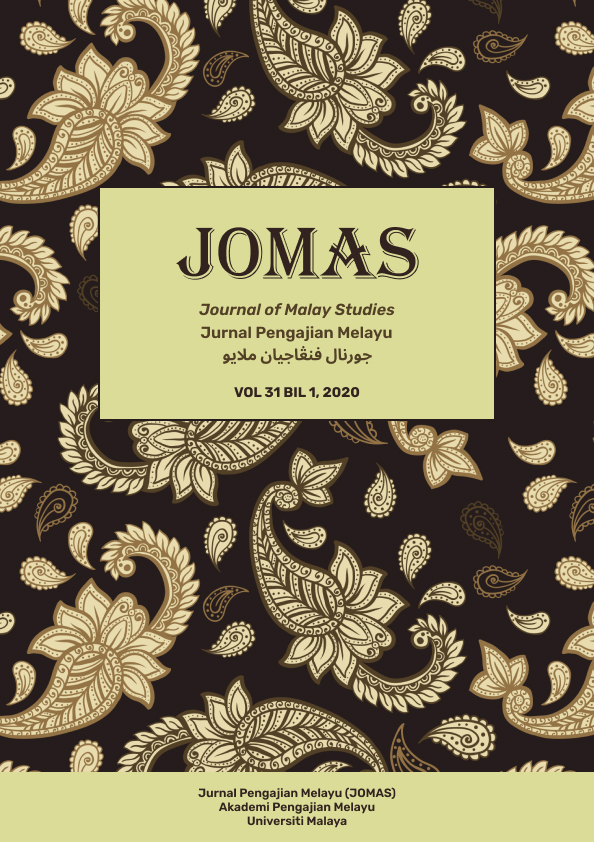EUTOPIA NOVEL BALDATUN THOIYYIBATUN DARI PERSPEKTIF TEORI KONSEPTUAL KATA KUNCI EUTOPIA IN "BALDATUN THOIYYIBATUN‟ FROM THE PERSPECTIVE OF THE CONCEPTUAL KEYWORD THEORY
Main Article Content
Abstract
Eutopia refers to being in a good place futuristically as compared to dystopia which supposes a gloomy future. The futuristic style of writing, which can discuss the state of eutopia, is one of the genres that currently exists within the literary world. As this particular genre is relatively new in Malay literature, this paper, therefore, applied the Conceptual Keyword Theory by Mohamad Mokhtar Hassan (2007) towards highlighting futuristic concepts put forth in the novel „Baldatun Thoiyyibatun (2011)‟ written by Kamaludin Endol or better known as Pelita Di Dalam Kaca and published by Pustaka Kanzun Mahfiyyan. The concept of futuristic utopia that is eutopian or being in a good future highlighted by the author was analysed because the novel has been chosen as the blueprint for futuristic writing in Malaysia. Concepts on futurism were derived from definitions in dictionaries, Vieira (2010) and Mohamad Saleeh Rahamad (2019). This study has two objectives – to identify and analyse relevant focus words and conceptual keywords with regards to the concept of futurism by the author in „Baldatun Thoiyyibatun‟. The methodology employed is qualitative through the process of extracting keywords related to the concept of futuristic utopia (eutopian). This study has successfully viewed the concept through the perspective of the author. Results showed that the eutopian concepts held by the author were largely influenced by his religious upbringing, specifically involving Islam and his ethnic identity as Malay. In conclusion, the blueprint for eutopian writing in Malaysia encompasses different components such as politics, economy, society, development, education, language and Islam.
Keywords: Utopia (Eutopia) futuristic, author, Baldatun Thoiyyibatun novel, Conceptual
keyword theory.

